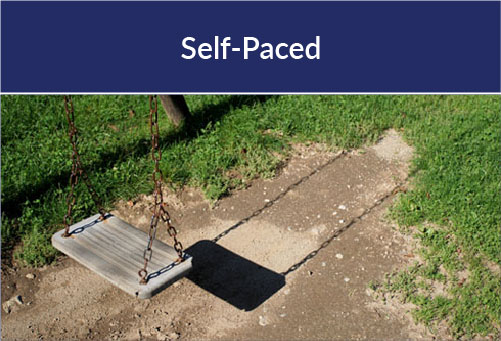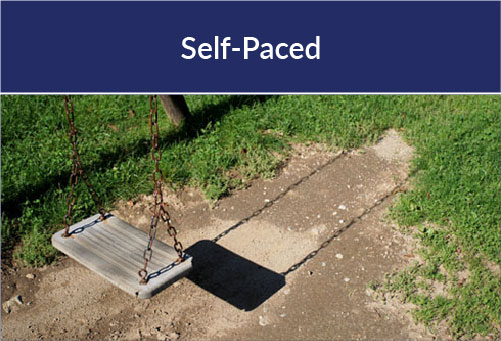


Join other probation and corrections professionals to build foundational skills through this comprehensive and interactive virtual training academy. Community based corrections is the most significant criminal justice response to crime. According to the Bureau of Justice Statistics site, over 70% of all offenders are placed on community based corrections and over 95% of all offenders will be released back into the community. Over the course of 20 weeks, you will examine traditional, evidence-based, victim-centered and trauma-informed approaches to community supervision and re-entry. Course work is designed to support application techniques and case management concepts in the development of core supervisory skills to improve overall outcomes for victims/survivors, communities and offenders.

The Office of Community Oriented Policing Services, U.S. Department of Justice and National Institute of Justice funded the National Policing Institute (formerly the National Police Foundation) to implement a project in 2015 to track incidents of averted school violence on a national level. As of April 2018, 51 reports had been filed, although it is suspected that many more incidents have gone unreported. An “averted incident” is defined as a planned violent attack on school grounds that is prevented before injury or loss of life has occurred. In tracking these incidents, five key actions have been identified to improve school safety, ranging from well-defined and practiced active shooter plans to focused plans promoting personal relationships with students.

The Incident Command System (ICS) is a “response method that determines the role of everyone responding to a crisis and defines a shared vocabulary and shared expectations of behavior” (Texas School Safety Center, 2020). Agencies and first responders that provide assistance during a school emergency all use ICS during a crisis. It is imperative that school staff and safety teams understand and are comfortable using the ICS shared vocabulary when interacting with first responders during a crisis. Additionally, utilizing the shared vocabulary during the planning phases of critical incident response will assist in building trust and collaboration between diverse organizations.

Gain an overview of the student reunification process and review the various types of situations that require reunification and key reunification terminology. Additionally, you will explore roles required for successful reunification, and recommendations about training stakeholders and practicing a reunification plan.

Gather information on the structure and interdependent functions/roles of a CART program. Learn about protocol development and management, development and use of Memoranda of Understanding, CART composition, training including tabletop exercises and field scenarios, and CART certification standards. Examine a case study which integrates all topics covered for effective CART leadership.

Gain an overview of the Investigative Officer Checklist resource, which can be found in the Resources tab on this webpage. The course will guide you through a case-scenario review of important checklist elements and considerations for effective use. You will be provided with information to support accurate and effective response to reports of endangered missing or abducted children, and effective transition from patrol first response to ongoing investigation of the case.

Consider the scope and scale of the problem of missing and abducted children including CART structure, function and command considerations, investigative considerations, canvass operations, search operations, volunteer management, digital forensics, logistics, recovery, and reunification. Examine a case study in which all concepts taught are integrated and considered for an effective overall response.

Learn the signs of neglect, physical and sexual child abuse in an effort to gain a better understanding of how to identify victims. KNOW & TELL is a public responsibility movement, to educate all adults to KNOW the signs of abuse and TELL responsible authorities when they recognize them. Awareness of these signs is a critical step to protecting our children and helping to educate others. We all have a responsibility to protect children.

(THIS COURSE IS FOR CERTIFIED HEALTHCARE PROVIDERS ONLY) Learn the signs of neglect, physical, and sexual child abuse to identify a child victim and understand your responsibility as a healthcare professional and mandated reporter. Awareness of these signs is a critical step to protecting our children. We all have a responsibility to protect children. KNOW & TELL® is a public responsibility movement to educate all New Hampshire adults to KNOW the signs of abuse and TELL responsible authorities when they recognize them. Individuals living outside of the State of New Hampshire are welcome to participate in this training but should inquire with their own state as to reporting procedures and requirements.

Gain an understanding of child sex trafficking victim dynamics, perspectives on sex traffickers and how human trafficking is the second most profitable crime in the world. Case examples will be utilized throughout the course to highlight real world examples of child sex trafficking.
